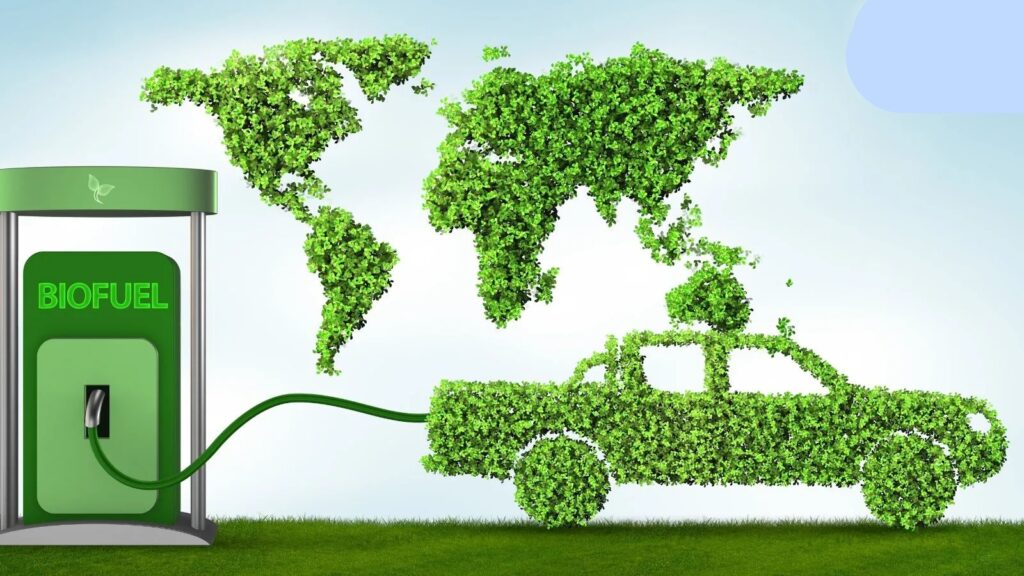The state Cabinet Thursday approved the Karnataka State Bio‑Diesel (B‑100) Blending with High Speed Diesel for Transportation Purposes (Licensing) Order, 2025, which introduced a regulatory framework for the production, sale, and blending of biodiesel in the state.
Law and Parliamentary Affairs Minister H K Patil said that, as per regulations, up to seven per cent blending will be allowed. The Order will permit retailers to set up outlets for the sale of biodiesel in the state, he told a news conference following the Cabinet meeting.
According to a Cabinet note, biodiesel could be produced from non-edible vegetable oils, used cooking oil, animal fats, and fatty acids derived from bio-oils. “Due to unavailability, Biodiesel is not presently blending with diesel for the purpose of sale, (even though) there is a provision to blend up to 7% with Diesel. However, due to the unavailability of biodiesel, it is not possible to sell biodiesel blended diesel in retail outlets,” it said.
Citing a Union Government order issued in 2019, the note said that it was permissible to set up retail outlets for the sale of biodiesel in the state.
In another decision, the Cabinet cleared the establishment of a second version of the Karnataka Geographical Information System (K-GIS V 2.0) at a cost of Rs 150 crore. The project will be implemented by the Karnataka State Remote Sensing Application Centre. It will promote private sector usage of the K-GIS by making it accessible to start-ups and commercial development projects.
It also decided to hold a Special Cabinet meeting on September 16 to discuss the implementation of the third phase of the Upper Krishna Project. Recently, the government has held multiple meetings with farmers who will lose around 75,000 acres of land for the project as the height of Almatti Dam across the River Krishna is raised from 519.6 metres above sea level to 524.256 metres. The special meeting will discuss the compensation payout for those who lose their land.
The Cabinet also cleared Rs 391.82 crore to the Bangalore Water Supply and Sewerage Board to set up a sewage water treatment plant at Byramangala Lake. To be implemented under the Operation and Maintenance model, it will have a secondary treatment capacity of 100 million litres per day (MLD) and a tertiary treatment capacity of 25 MLD.

